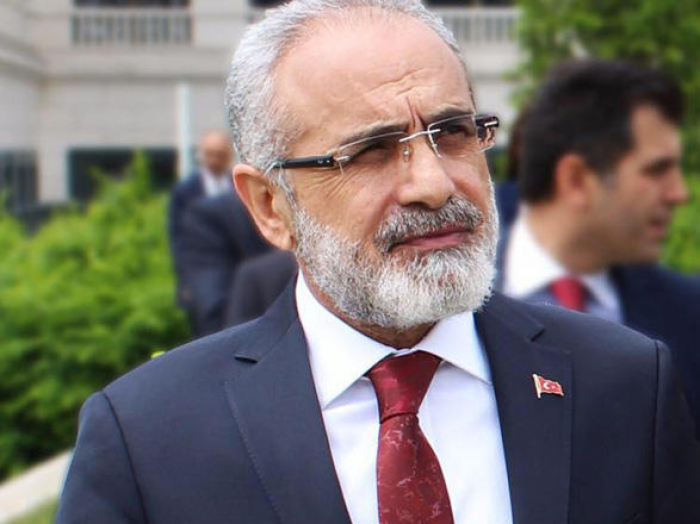According to Topcu, the essence of all governments of Armenia is manifested in such terrorist organizations as ‘Dashnaktsutyun’, ‘Hnchak’, and ‘Nemesis’.
"Neither the Armenian diaspora nor the countries using Armenia desire to have an Armenian government which could ensure peace in the region,” he said. “Therefore, the government of the country fulfills their wishes, and, violating the ceasefire, shells the civilian territories of Azerbaijan.”
“As regards OSCE, or Russia which hastily secured the humanitarian ceasefire, failure to ensure peace and stability in the Caucasus via restoring Azerbaijan’s jurisdiction over Nagorno Karabakh will be to the detriment of Moscow, no matter how strong Russia is,” the advisor explained. “Peace in the region can be ensured on one condition. There are UN Security Council resolutions, according to which Armenia must immediately and unconditionally withdraw its troops from the occupied territories of Azerbaijan. This condition is not met but must be met immediately. The withdrawal of Armenian troops from the occupied Azerbaijani territories will benefit the whole world, Moscow, Berlin, and Paris."
Topcu also added that the Armenian leadership must apologize to Azerbaijan and the UN, as well as pay compensation to Azerbaijan for all war crimes and violations of citizens' rights.
The Turkish Federation of Kars, Ardahan, and Igdir Societies held a Karabakh rally in support of Azerbaijan in the capital city Ankara, at which the presidential advisor made a speech.
Armenian Armed Forces launched a large-scale military attack on positions of the Azerbaijani army on the front line, using large-caliber weapons, mortars, and artillery on Sept. 27.
Azerbaijan responded with a counter-offensive along the entire front. As a result of retaliation, Azerbaijani troops liberated a number of territories previously occupied by Armenia, as well as take important, strategic heights under control.
The fighting continued into October 2020, in the early days of which Armenia has launched missile attacks on Azerbaijani cities of Ganja, Mingachevir, Khizi as well as Absheron district.
Following almost two weeks of intensive military confrontations, Armenia and Azerbaijan, with Russia's mediation, have agreed on a temporary ceasefire for humanitarian purposes, for the exchange of prisoners of war as well as bodies of the dead.
On October 11, 2020, at about 2:00 (GMT+4) Armenian armed forces fired missiles at multi-apartment residential buildings in the central part of Ganja, the second largest city of Azerbaijan, located outside the frontline zone.
According to the latest data, 9 civilians, including 4 women, were killed, 34 civilians, including 16 women and 6 children wounded, more than 10 of the buildings and over 100 objects of different designation damaged as a result of the missile attack.
The conflict between the two South Caucasus countries began in 1988 when Armenia made territorial claims against Azerbaijan. As a result of the ensuing war, Armenian armed forces occupied 20 percent of Azerbaijan, including the Nagorno-Karabakh region and seven surrounding districts.
The 1994 ceasefire agreement was followed by peace negotiations. Armenia has not yet implemented four UN Security Council resolutions on the withdrawal of its armed forces from Nagorno Karabakh and the surrounding districts.
More about: #YalcinTopcu
















































